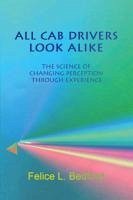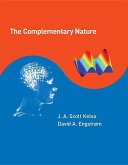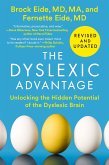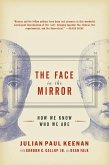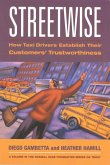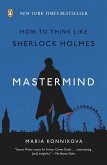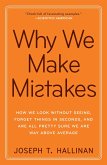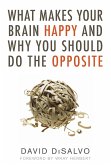Do you have trouble recognizing people from other races? Maybe you know someone who gets lost frequently? For the first time since the 1970s, the ways that experience changes how we perceive the world have all been compiled into one place. Drawing from 25 years laboratory research experience, Dr. Bedford gathers changes to perception and explains the connections between them. Included is her innovative explanation for how the mind can heal the body though meditation and visual imagery, not by magic but with perception-much like getting used to a new pair of eyeglasses! Also discussed are how it is not racist to have trouble with other-race faces (hint: it's like learning to taste wine), why Harry Potter's magic wand felt like an extension of his hand, what's really going on during ventriloquist shows, and dramatic failures of perception like not seeing what is right in front of you and seeing but not knowing you can see. We are asked to contemplate mind-bending topics such as reversals of cause and effect in the perception of time and how the supernatural relates to perceptual learning. Also included is a special section on how to improve your perception. For the technically minded, all the "traditional" topics of perceptual learning and adaptation are covered: prism adaptation, Eleanor Gibson's perceptual discrimination learning, and the McCollough Effect. Published in 2013, 380 pages, 71 illustrations. Bedford's book is for anyone interested in their own six senses (the sixth sense is the immune system, she argues!) and for students and colleagues alike. This is an opinionated work including anti brain-research commentary and other critiques of experiments in the scientific literature. Anecdotes on professional acquaintances provide a personal touch. Favorite sentences: Perception is lazy. You still need shoes.
Hinweis: Dieser Artikel kann nur an eine deutsche Lieferadresse ausgeliefert werden.
Hinweis: Dieser Artikel kann nur an eine deutsche Lieferadresse ausgeliefert werden.

